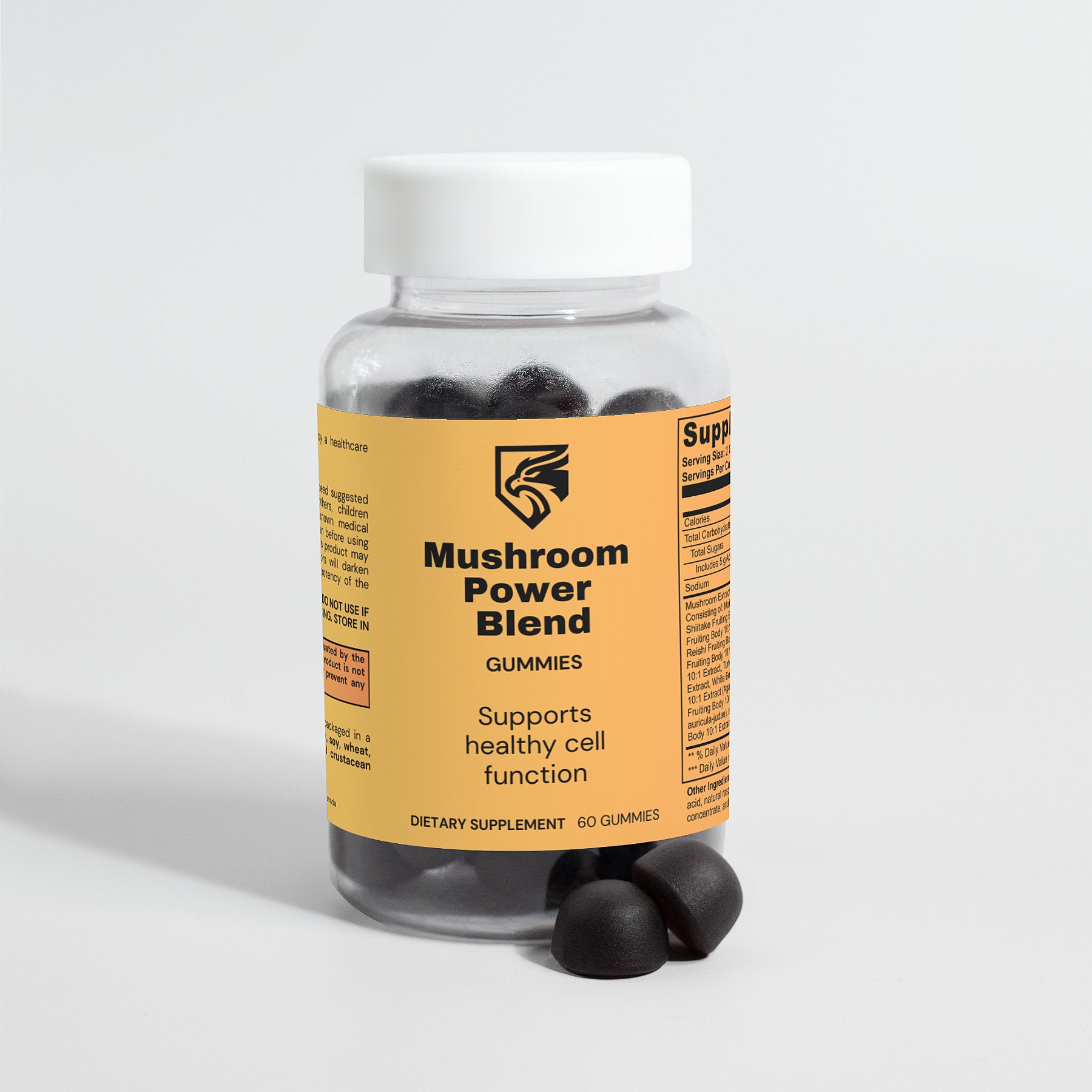Introduction
In recent years, the ketogenic (keto) diet has gained significant popularity for its potential health benefits, including weight loss, improved energy levels, and enhanced mental clarity. Simultaneously, the importance of testosterone for overall health and vitality, particularly in men, has garnered increasing attention. This article aims to provide a thorough introduction to both the keto diet and testosterone, exploring their interrelation and potential impacts on hormonal health.
Understanding Testosterone
Testosterone, often referred to as the "male hormone," plays a crucial role in both men and women's bodies. In men, testosterone is primarily produced in the testes and is responsible for regulating various bodily functions, including:
-
Muscle Mass and Strength: Testosterone promotes the development and maintenance of lean muscle mass, contributing to physical strength and performance.
-
Bone Density: Adequate testosterone levels are essential for maintaining optimal bone density and reducing the risk of osteoporosis and bone fractures.
-
Libido and Sexual Function: Testosterone influences libido, sexual arousal, and erectile function, playing a vital role in reproductive health.
-
Mood and Cognitive Function: Testosterone levels affect mood, cognitive function, and overall sense of well-being, with low levels linked to symptoms of depression and fatigue.
Factors such as age, genetics, lifestyle habits, and underlying health conditions can influence testosterone levels. As men age, testosterone production naturally declines, leading to various physical and emotional changes commonly associated with aging.
Overview of the Keto Diet
The ketogenic diet is a high-fat, moderate-protein, and low-carbohydrate eating plan designed to induce a metabolic state known as ketosis. In ketosis, the body shifts from using glucose as its primary fuel source to burning fat for energy, producing ketones as a byproduct.
Key principles of the keto diet include:
-
Low Carb Intake: Restricting carbohydrate consumption to 20-50 grams per day to induce and maintain ketosis.
-
Moderate Protein Intake: Consuming moderate amounts of protein to support muscle maintenance and repair without triggering gluconeogenesis (the conversion of protein into glucose).
-
High Fat Intake: Emphasizing healthy fats such as avocados, nuts, seeds, olive oil, and fatty fish to provide the majority of daily calories.
-
Nutrient-Dense Foods: Prioritizing nutrient-dense, whole foods while minimizing processed and refined products.
Entering Ketosis and Using Ketones for Energy
When carbohydrate intake is limited, the body's glycogen stores become depleted, prompting a metabolic shift. In the absence of glucose, the liver begins converting fatty acids into ketones, which can cross the blood-brain barrier and serve as an alternative fuel source for the brain and muscles.
Keto Diet and Hormonal Health
While the keto diet offers various health benefits, including weight loss and improved metabolic markers, its potential impact on hormone levels, including testosterone, has generated interest and debate among researchers and health professionals.
Several studies have explored the relationship between the keto diet and testosterone levels, with mixed findings. Some research suggests that the keto diet may support hormonal balance by reducing insulin levels, promoting fat loss, and improving metabolic function. However, other studies have reported conflicting results, indicating potential concerns about long-term adherence to a very low-carb diet and its effects on hormone production and fertility.
Conclusion
In conclusion, the ketogenic diet and testosterone play significant roles in overall health and vitality, with both subjects attracting considerable attention in the health and wellness community. While the keto diet offers potential benefits for weight management, metabolic health, and cognitive function, its impact on hormone levels, including testosterone, requires further investigation.
As with any dietary approach, it's essential to consult with healthcare professionals before making significant changes, especially if you have underlying health conditions or concerns about hormonal balance. By prioritizing a balanced, nutrient-rich diet, regular physical activity, and holistic lifestyle practices, individuals can optimize their health and well-being for the long term.







Leave a comment
All comments are moderated before being published.
This site is protected by hCaptcha and the hCaptcha Privacy Policy and Terms of Service apply.